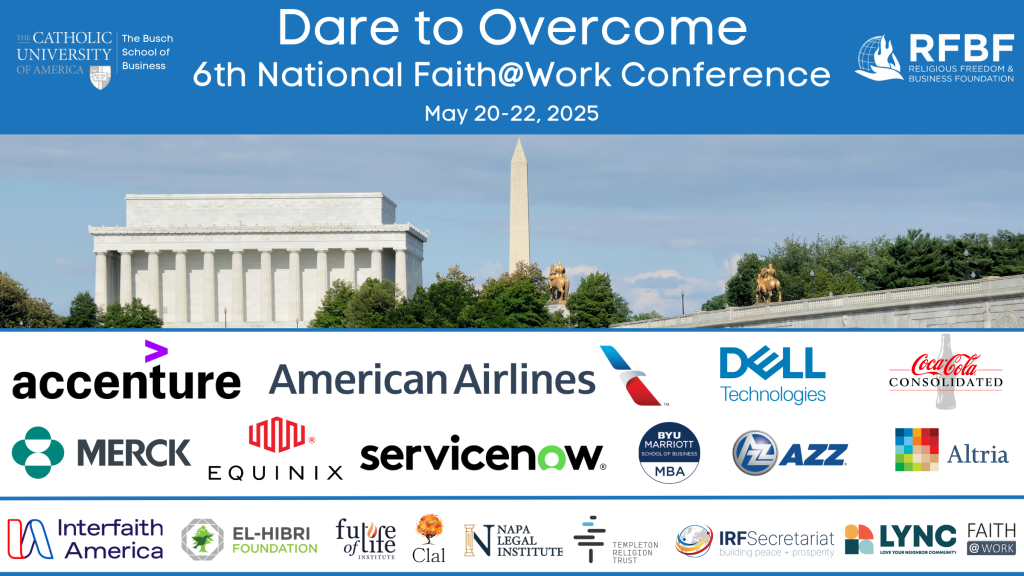 Dare to Overcome (DTO) is the premier annual gathering for Fortune 500 company faith-oriented employee resource groups (ERGs), corporate chaplains, and other faith-and-belief workplace initiatives to share best practices and celebrate achievements.
Dare to Overcome (DTO) is the premier annual gathering for Fortune 500 company faith-oriented employee resource groups (ERGs), corporate chaplains, and other faith-and-belief workplace initiatives to share best practices and celebrate achievements.
We are thrilled that this 6th National Faith@Work ERG Conference — cohosted by RFBF and the Busch School of Business at The Catholic University of America — has a fantastic group of sponsors from corporations and civil society partners.
Corporate sponsors include Accenture, American Airlines, Coca-Cola Consolidated, and DELL Technologies (Platinum Sponsors); AZZ, Equinix, and Merck (Diamond Sponsors), and Altria and Service Now (Gold Sponsors).
Civil society partners include Interfaith America and the Future of Life Institute (Platinum Sponsors), BYU Marriott School of Business and BYU Wheatley Institute (Diamond Sponsors), AT&T’s Faith@Work ERG and the El-Hibri Foundation (Gold Sponsors), and Clal and the Napa Legal Institute (Supporting sponsors).
We are also thrilled to have LYNC, the IRF Secretariat, and Templeton Religion Trust as co-conveners of the first annual IRF Builders Forum (evening of 21 May and daytime on 22 May), which is focused on ways people build religious freedom for all internationally through faith-friendly workplaces, education, positive engagement, and cross-cultural religious literacy, among others.
Special thanks to the following for their commitment to helping make DTO a success: Andrew Abela, Elizabeth Matro, Sumreen Ahmad, Ihita Kabir, Fr. Greg McBrayer, Millicent Rone, Soniya Hiremath, Julia Oltmanns, Mark Whitacre, Craig Carter, Matt Randerson, Glenda Cameron, Leonardo Gonzalez, Lukas Vina, Tim Schabel, Marsie Sweetland, Dale Conrad, Florian Niollet, Adam Hoffman, Komal Saini, Mariana Ciocca Alves Passos, Paul Lambert, Brigitte Madrian, Daniel Snow, Paul S. Edwards, Jeremy Brazil, Adam Phillips, Jenan Mohajir, Megan Johnson, Catherine Osborn, Farhan Latif, William Jones, Ben Christensen, Rev. Johnnie Moore, Max Tegmark, Suhail A. Khan, Rebecca Leeman, Rabbi Elan Babchuck, W. Christopher Stewart, Chris Seiple, Greg Mitchell, Wade Kusack, Halina Kusack, Sharyn Runyon, Christina Clark, Rahul Landge, Priya Kale, Shalini Tonpe, Julia Beth Grim, Melissa Grim, Robert Rex, Aamer Abdul-Jaleel, Dianna Ventura, Angela Frazier, Rhonda Lee, among many others.

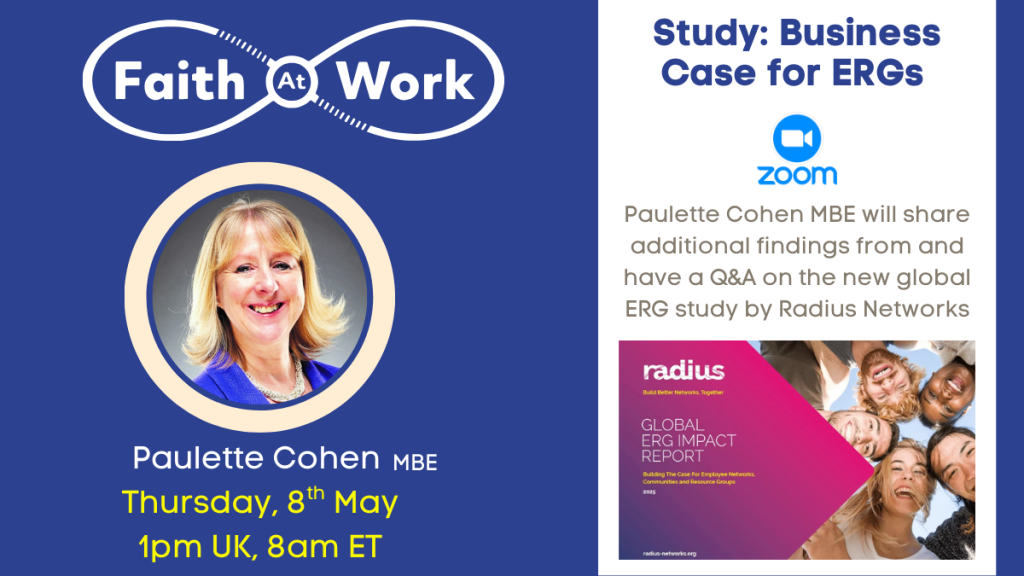
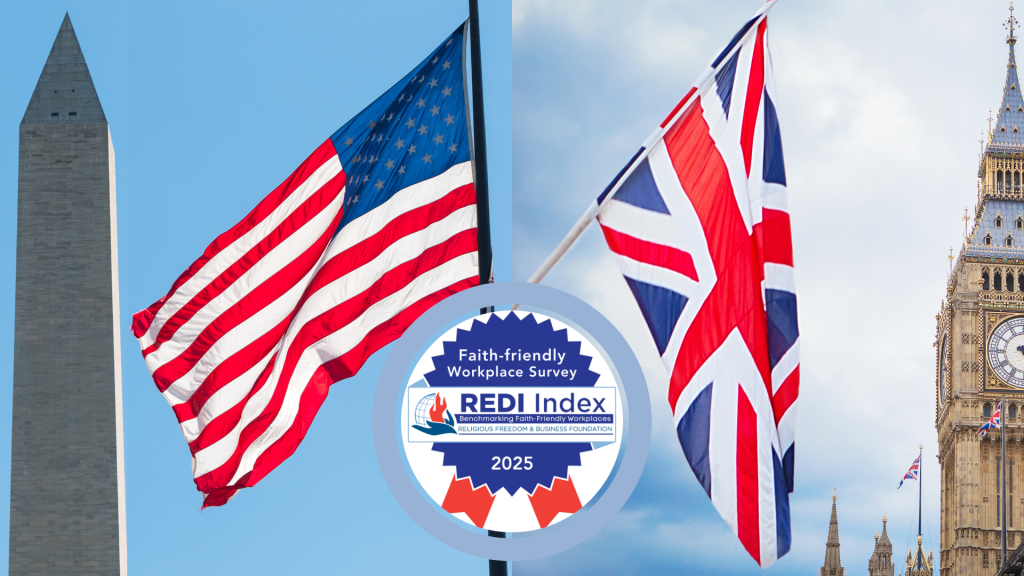
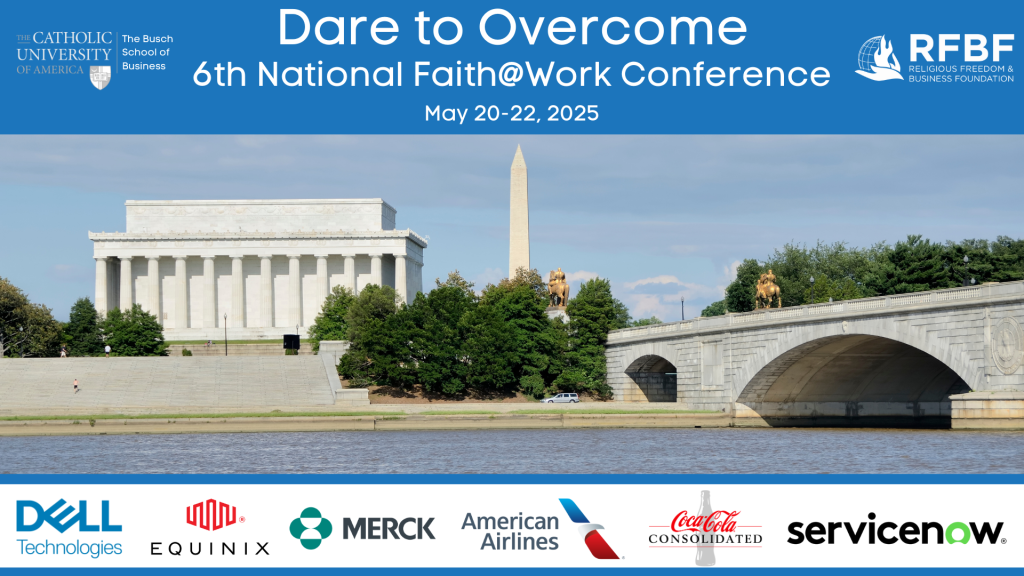
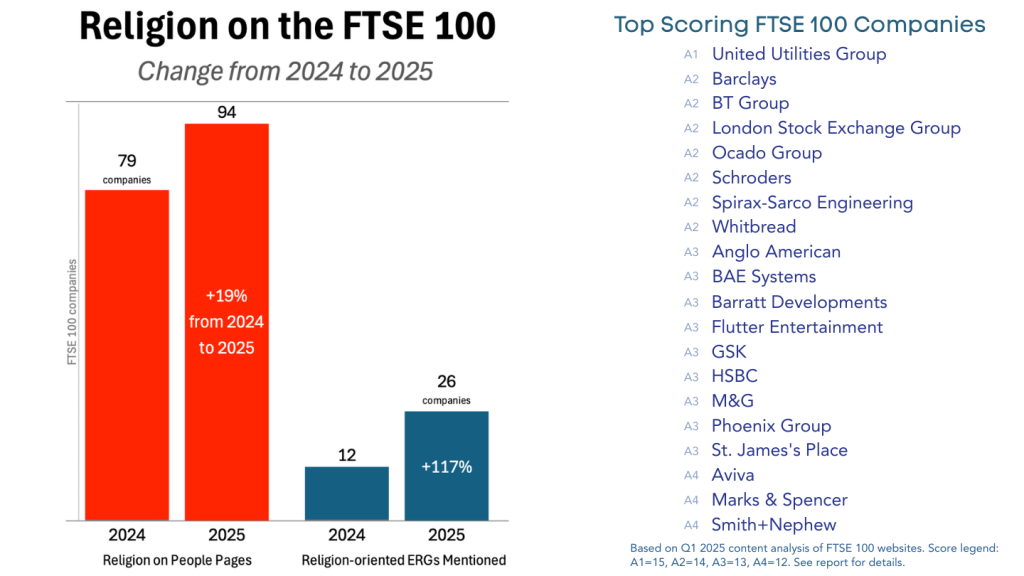
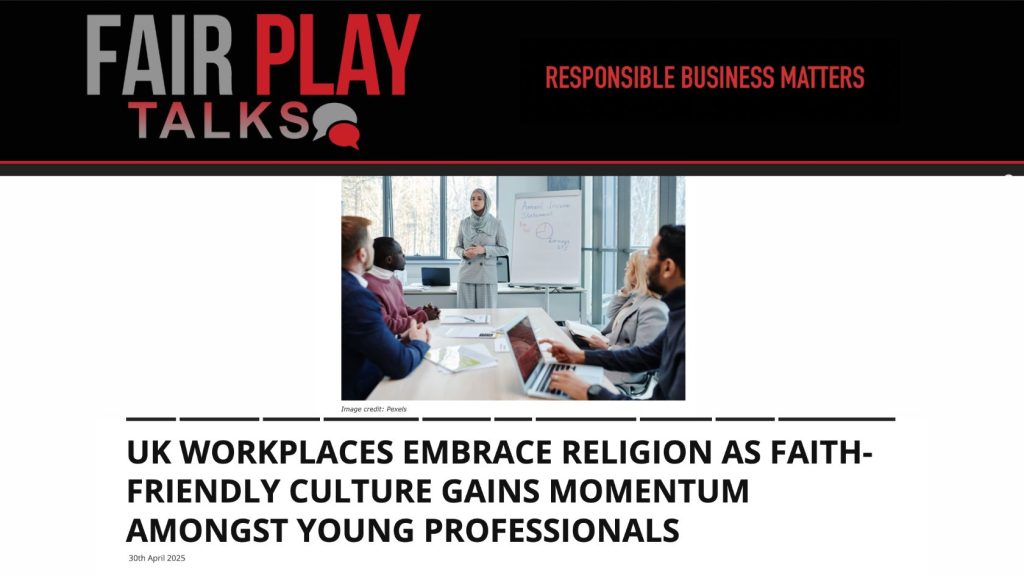
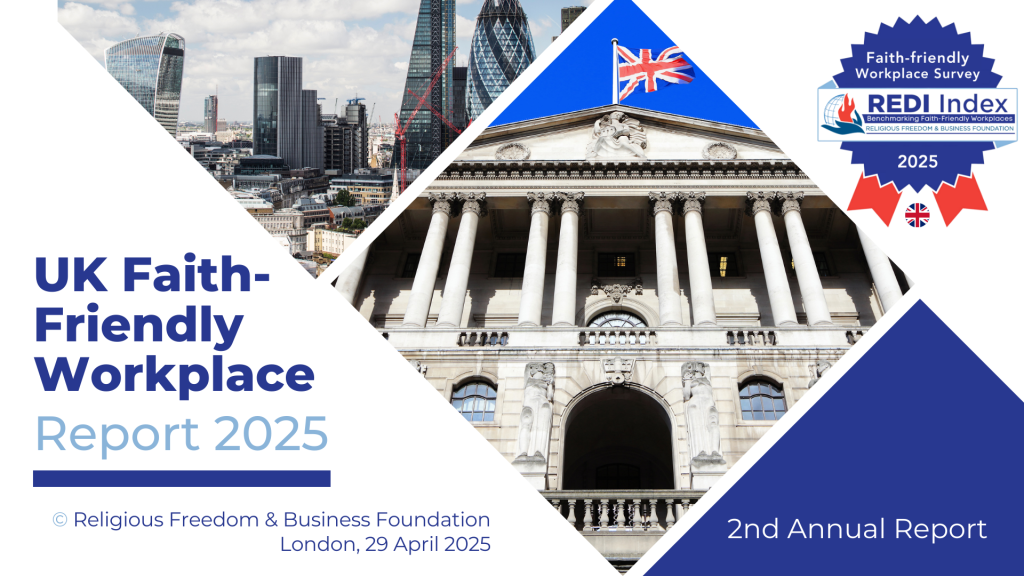
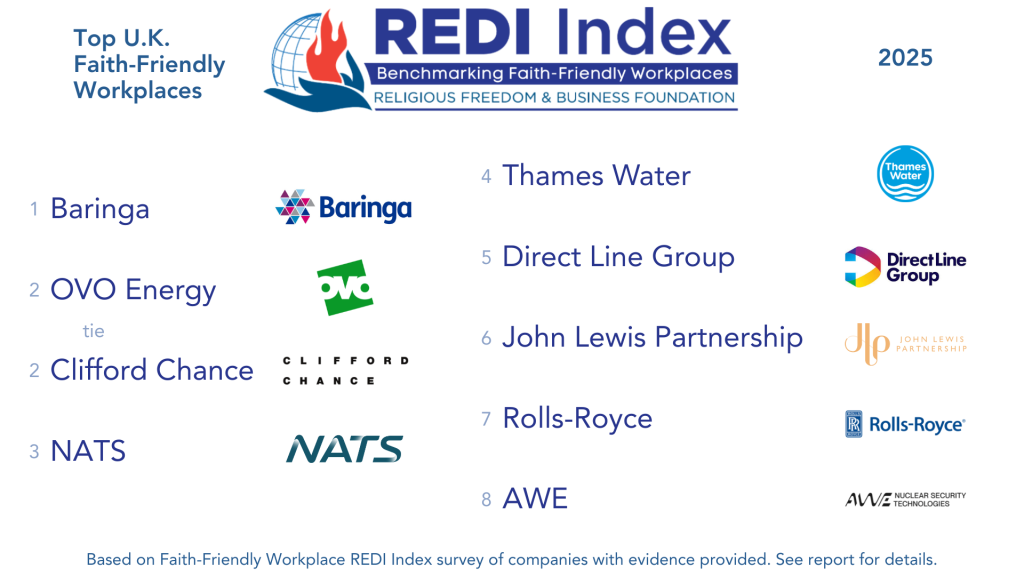
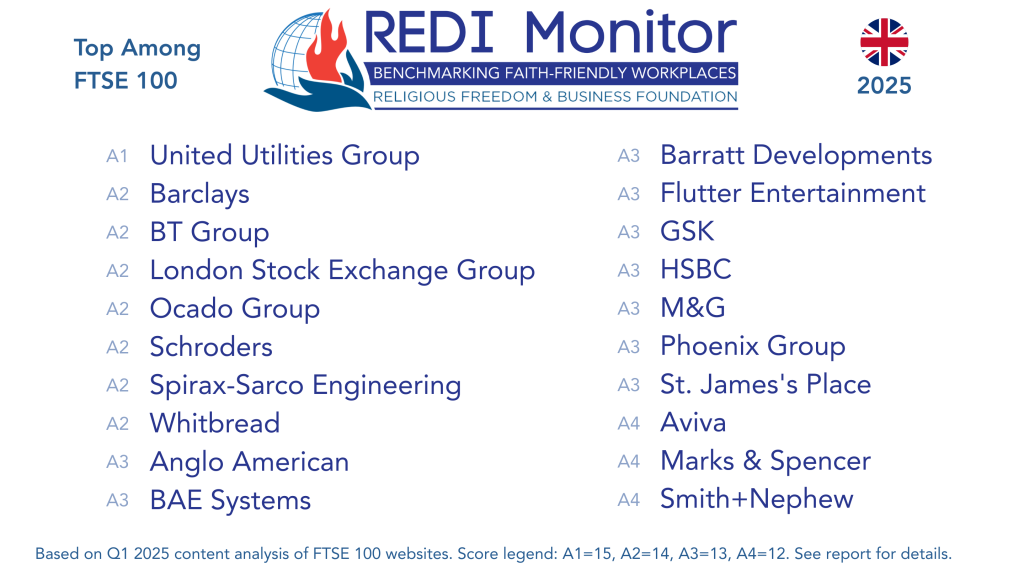
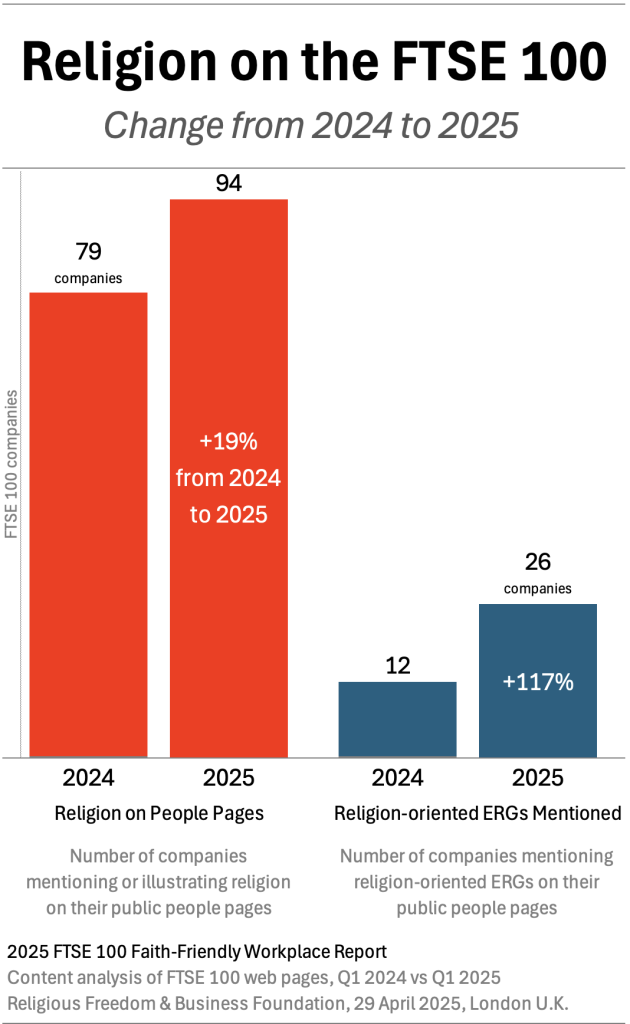
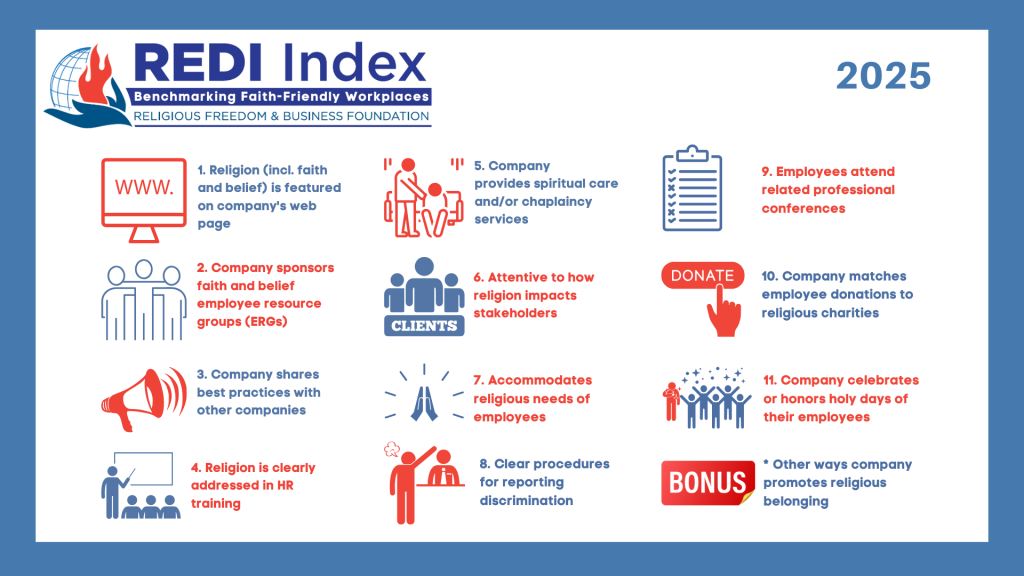
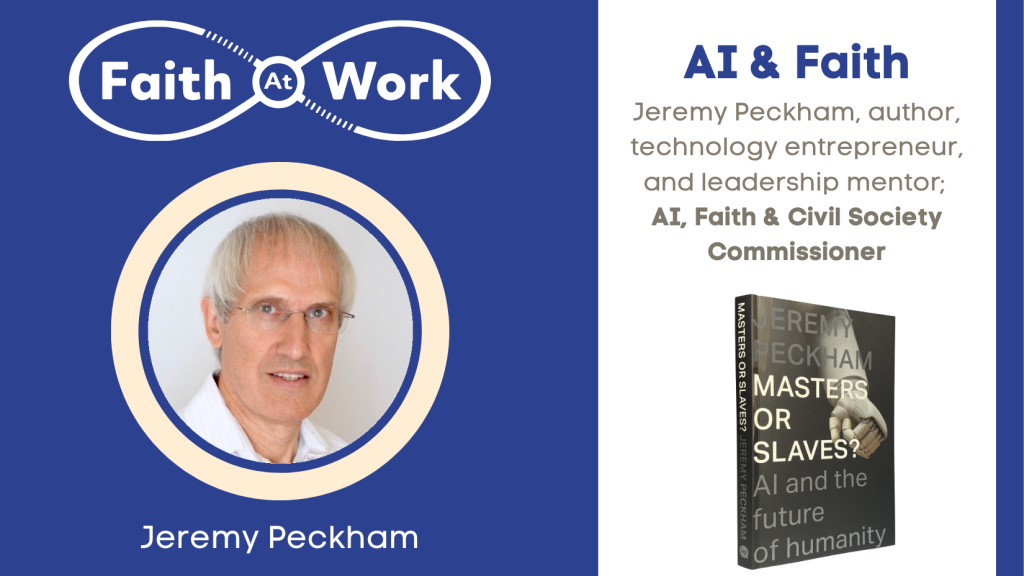


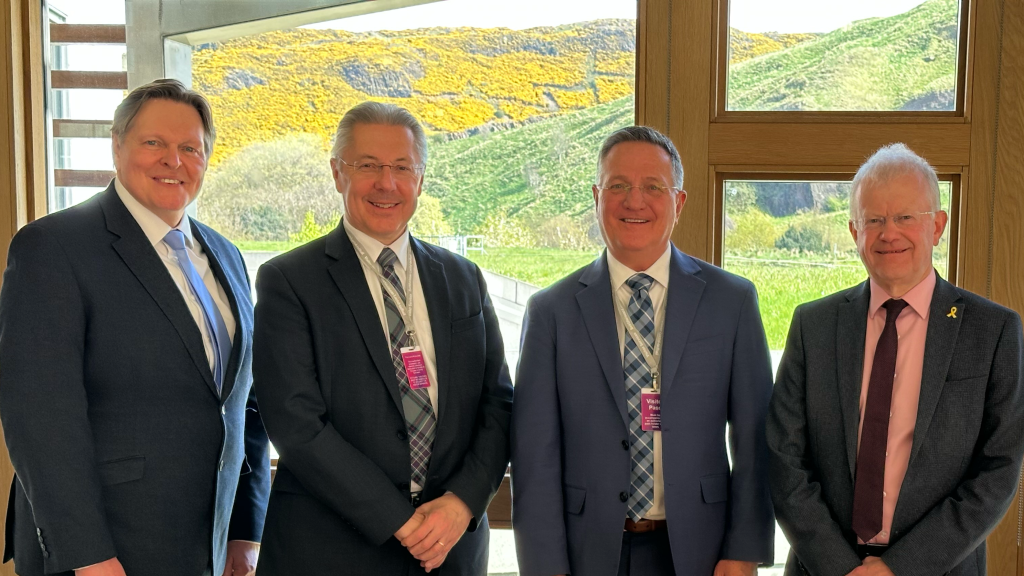 By
By 
 A man who was great because he lived out humbly the two greatest commandments
A man who was great because he lived out humbly the two greatest commandments